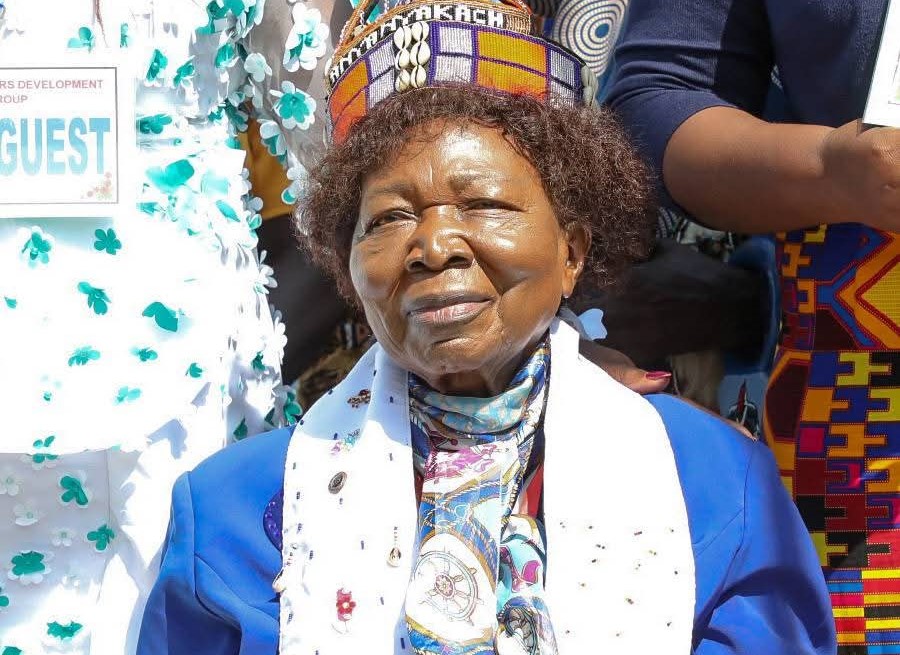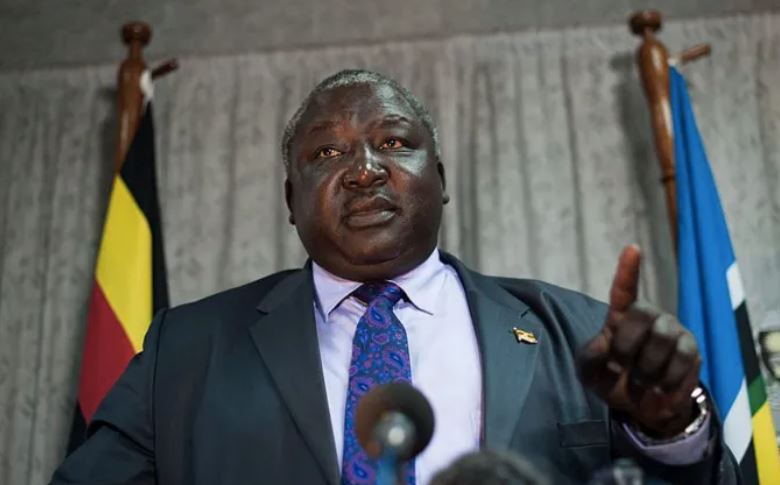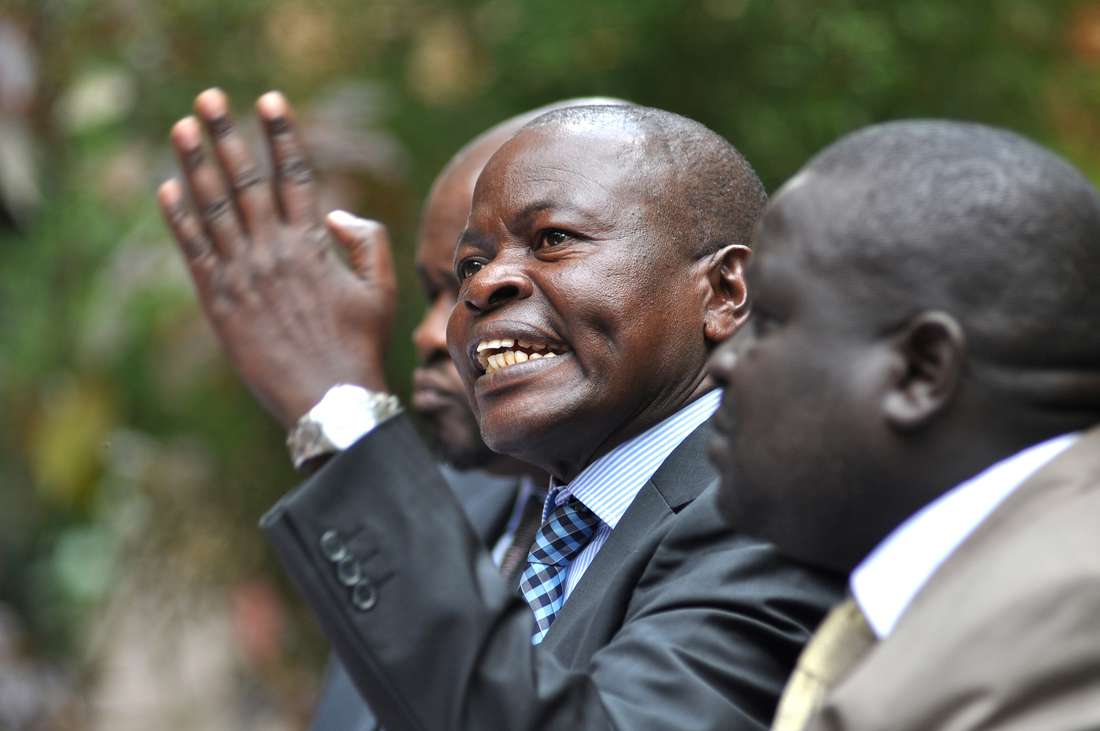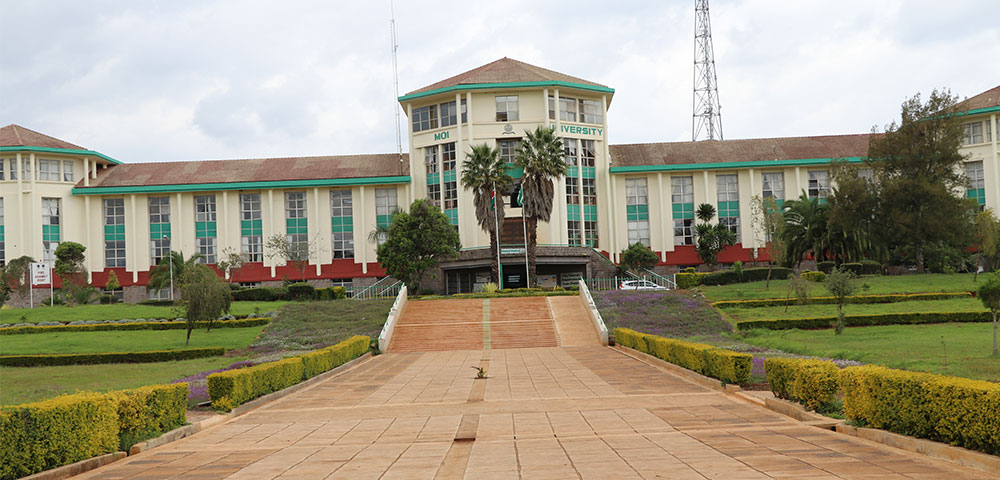How Phoebe Asiyo’s defeat of Okiki Amayo broke male political patriarchy

In 1979, Asiyo won the Karachuonyo parliamentary seat, making history once again as one of the very few women MPs during the one-party era. She retained her seat until the 1983 dissolution and returned in the 1992 multiparty elections, serving until 1997. Her lengthy career during such politically charged times is a testament to her resilience.
The late veteran politician and women’s rights champion Mama Phoebe Muga Asiyo, who passed away on July 17, 2025, at the age of 92, wore many hats: revered stateswoman, feminist icon, diplomat, and former MP for Karachuonyo.
It is perhaps Asiyo’s famous defeat of the ruling party KANU’s Nyanza stalwart, Okiki Amayo, that is most remembered, as it changed perceptions of women’s leadership in Kenya.
More To Read
- Raila: I do not regret my pact with Ruto
- Phoebe Asiyo to be accorded State Funeral for lifelong women's rights advocacy
- Honouring a trailblazer: Phoebe Asiyo’s burial slated for August 8 in Homa Bay
- President Ruto, Koome, Raila lead tributes as gender equality icon Phoebe Asiyo dies at 93
- Kenya’s first Maendeleo ya Wanawake chairperson Phoebe Asiyo dies at 93
In 1979, Asiyo won the Karachuonyo parliamentary seat, making history once again as one of the very few women MPs during the one-party era. She retained her seat until the 1983 dissolution and returned in the 1992 multiparty elections, serving until 1997. Her lengthy career during such politically charged times is a testament to her resilience.
While in Parliament, she chaired the Caucus for Women’s Leadership and was a founding member of Parliamentarians for Global Action. Her work later earned her a place on the Constitution Review Commission in 2001.
Her rise in a political sphere that was almost exclusively seen as a man’s domain is widely recorded and celebrated. In her memoir, It Is Possible: An African Woman’s Reflections on a Life-Long Political Journey, she recounts this journey, offering valuable lessons on the history of women’s empowerment in Kenya.
Rangwe MP Lilian Gogo told the Eastleigh Voice that Asiyo will be remembered for her tireless work to achieve gender parity in both elective and appointive leadership.
“She was very warm and collected, focused and God-fearing. Asiyo’s life was a testament to perseverance, service, and the long walk towards gender equity in Kenya, because we stepped on her shoulders to be where we are today,” said Gogo.
Gogo described Asiyo as a woman of many firsts, noting her trailblazing spirit, which led to her historic appointment in December 1963 as Kenya’s first female Senior Superintendent of Women’s Prisons. In this role, she spearheaded reforms such as the separation of male and female inmates and the introduction of rehabilitation programmes.
“One of Asiyo’s most enduring legacies is her pioneering advocacy for the two-thirds gender rule, mandating that no more than two-thirds of any elective or appointive body should be of the same gender. In 1997, she introduced Kenya’s first affirmative action Bill seeking 33 per cent female representation. Although it was defeated then, it galvanised a national movement,” Gogo explained.
Professor Tom Odhiambo, who teaches Literature, Arts and Culture at the University of Nairobi, noted that Asiyo’s memoir tells an engrossing and motivational story, but also illustrates what it takes for a woman to succeed in Kenya’s male-dominated political landscape.
“Asiyo’s story is not just about breaking through the glass ceiling; it is also about setting personal standards for a life in politics – a life that, in many ways, should serve as an example for Kenyan women in politics today,” Prof Odhiambo observed.
He added that Asiyo’s election as MP for Karachuonyo remains instructive, especially for women in politics and gender parity activists more broadly. Asiyo’s story, he said, should be a lesson for Kenyan women and men alike who care about the country’s progress.
Prof Odhiambo also pointed out that many Kenyans today have forgotten the political force that was the Kenya African National Union (KANU) – a complex organisation which, at its peak, could reduce even the most powerful men to tears during disciplinary hearings. At one point, David Okiki Amayo chaired KANU’s Disciplinary Committee.
“This was a man who was then a confidant of President Daniel Arap Moi. Okiki Amayo’s words could make or break a person’s political and social standing. His authority was absolute, at least at some point in our country’s history,” he explained.
“Remember that Okiki Amayo, although not yet the KANU Disciplinary Committee chairman at the time, had already won the Karachuonyo seat twice. He did not give up easily. After losing to Asiyo, he petitioned the election results, prompting a by-election. Asiyo then defeated him by an even larger margin in 1980,” noted Prof Odhiambo.
Top Stories Today













































